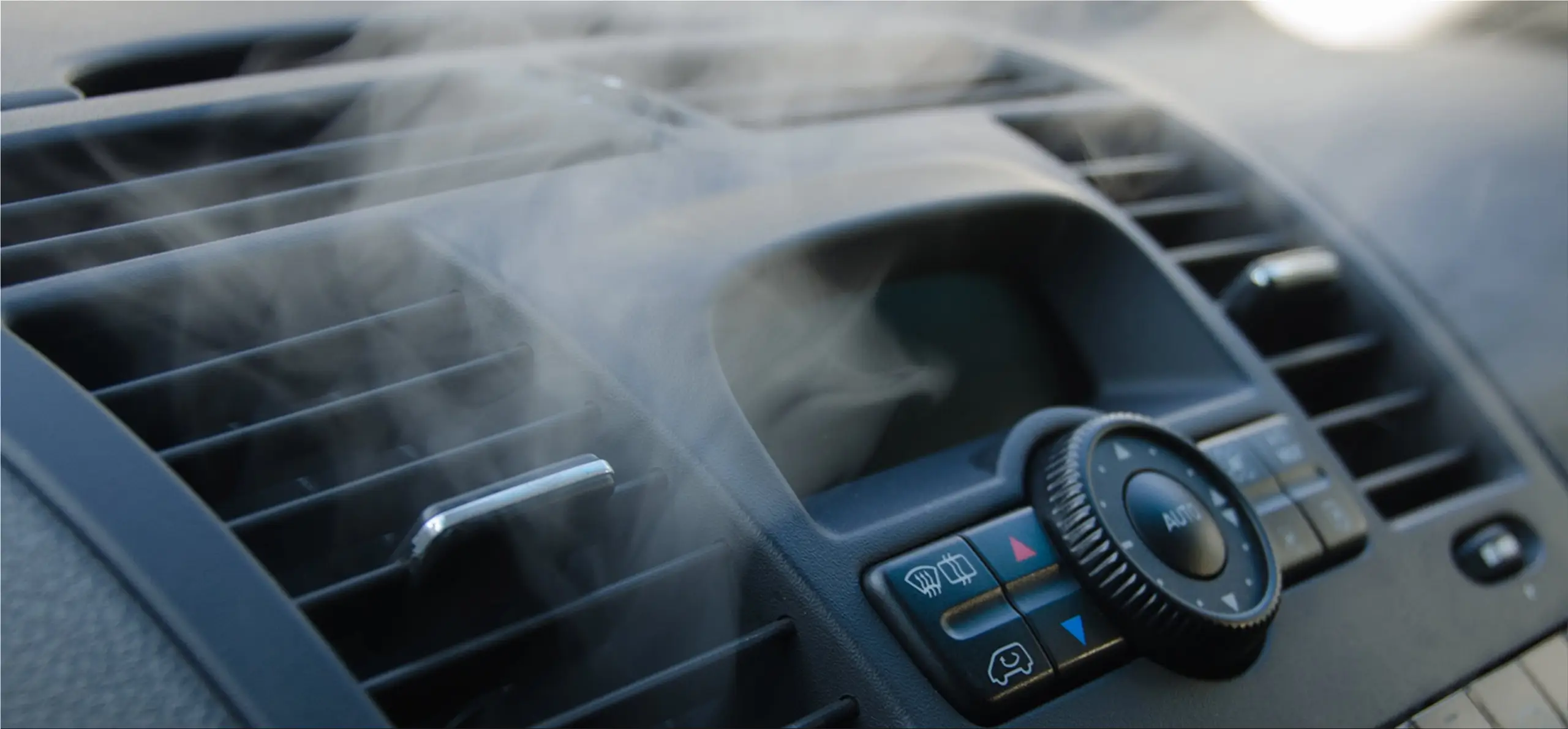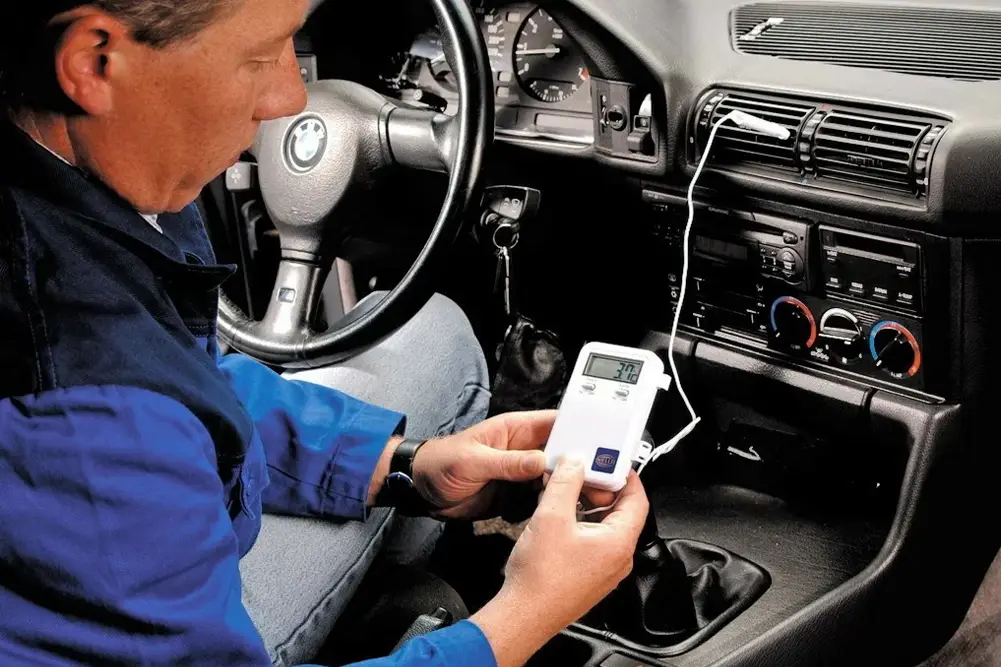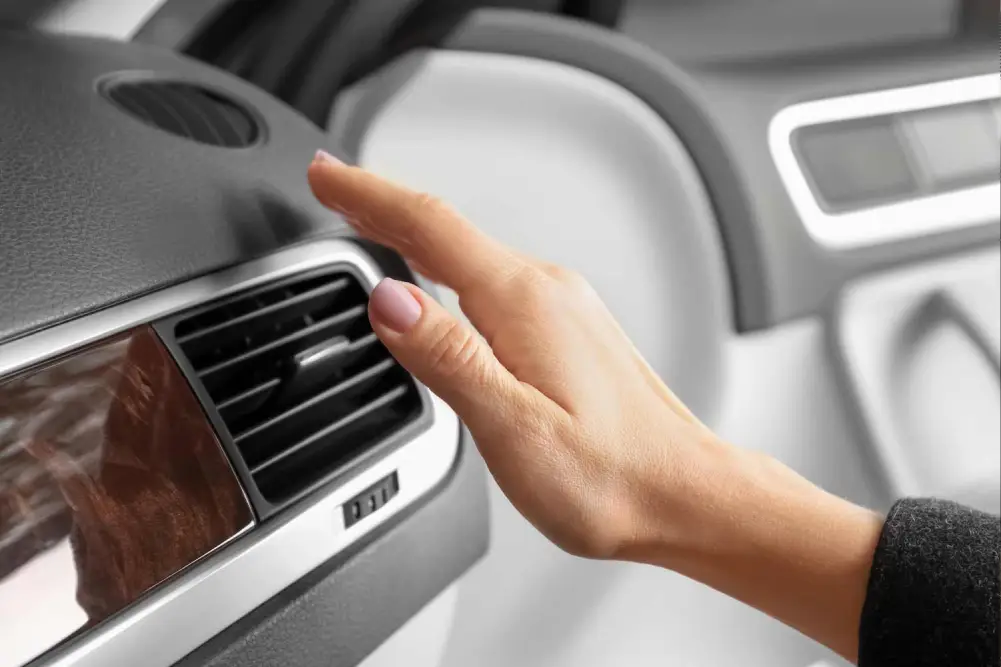10 Warning Signs Of A Failing Car AC Compressor
Air conditioning is an essential system in vehicles, especially during hot summer months. A failing AC compressor can make driving very uncomfortable and lead to larger problems if not addressed quickly. Being able to recognize common signs of AC compressor failure can help drivers get needed repairs and keep cool on the road. This article outlines 10 warning signs of a failing car AC compressor.
10 Signs That Shows Car AC Compressor Is Failing
Warm Air From Vents
One of the most obvious signs of AC compressor problems is when you turn on the air conditioning and warm air continues blowing out. If the compressor isn’t activating to pump refrigerant through the system, this prevents heat exchange from happening in your vents. Sticking to blowing warm air means it’s not providing any cooling.
AC Works Inconsistently or Blows Hot Then Cold
Does your AC seem to work sometimes but not others? Do you get cold air but then it starts blowing warm? Inconsistent cooling is a sign the compressor is struggling. Failing compressors have difficulty activating to pressurize refrigerant. They may start working but can’t maintain functioning. This leads to unreliable performance.
Unusual Noises When the AC Turns On
This is one of 10 warning signs of a failing car AC repair compressor. Healthy compressors produce minimal noise. Sure, you’ll hear the fan blowing air through the vents. But other loud noises like screeching, clicking, or squealing noises point to compressor problems. Issues like failing bearings or a clutch not engaging properly will be noticeable. These sounds usually increase as the compressor tries harder to activate.
Higher Electrical Load
The engine power is used to run the AC generator. So a unit that isn’t working right might use more amps from your car’s power system to make up for its flaws. There is more stress on the generator caused by this. When you turn on the AC for the first time, drivers may notice that the headlights or internal lights dim for a short time. A higher electricity demand is often a sign that the compressor is about to stop working.
Poor Engine Performance When Idling
Failing AC compressors require more effort to turn against system pressure. The extra drag can affect engine RPMs at idle once the compressor activates. If your RPMs dip abnormally low, it causes rough idling. Poor idling when the AC engages points to compressor problems.
Visible Damage or Oil Leaks
Broken AC parts will finally have damage that can be seen. If the seals on the pump get damaged, it may start to leak fluid. On the ground under the car, you might find sticky spots that smell like refrigerant. You could also see worn-out gear bearings or a clutch plate that wobbles without having to take the whole thing apart. Finding these outside problems early on can help you avoid having to do a lot of work on your AC.
Rapid Dehumidification Stops Working
A functional AC system should actively dry the air to improve comfort. When set to max cooling, you may even see water dripping from the underside of your car. If the system no longer seems to actively control humidity, the compressor is likely too compromised to lower temps. Lack of cold air and condensation points to loss of function.
AC System Pressures Outside Normal Range
Your mechanic can diagnose compressor issues by directly checking system pressures. They measure the high and low sides with professional gauges to detect refrigerant leaks or compression failures. Pressures outside expected limits mean the compressor isn’t pressurizing properly. Combining gauges with a visual inspection better verifies AC component conditions. This helps pinpoint repair needs.
Cabin Doesn’t Get As Cold As It Should
On hot days, pay attention to how well your air conditioner can cool down. A blower that isn’t working right gets less effective over time. You’ll see that it cools down less quickly and takes longer to do so. Not as much heat can move when tension is compromised. That’s bad for your blower if the very cold air turns warm. It’s time to look at the system!
Refrigerant Needs Frequent Recharging
Leaks of refrigerant are a regular way for compressors to break down. When seals break, gas leaks out of the machine. Low levels of refrigerant make it hard to cool. If the fan isn’t working right, drivers may need to charge the AC unit once or even more than once a season. Repairs should be made to bigger leaks. But if you charge the compressor more than once, it won’t have any gas in it.
Conclusion
By noticing these 10 warning signs of a failing car AC compressor, you can find problems with your AC fan before they break down and leave you sweating in traffic. Watch out for less cooling power, strange noises or changes in performance, damage that you can see, and system pressures that aren’t in the right range.
Finding problems early makes repairs more likely to work and saves money over replacing all of the AC’s parts when the compressor breaks. The problems with the compressor can be confirmed by a qualified mechanic’s correct diagnosis. They are the best ones to tell you what repairs need to be done so you don’t get stuck without cool air conditioning on hot drives.



